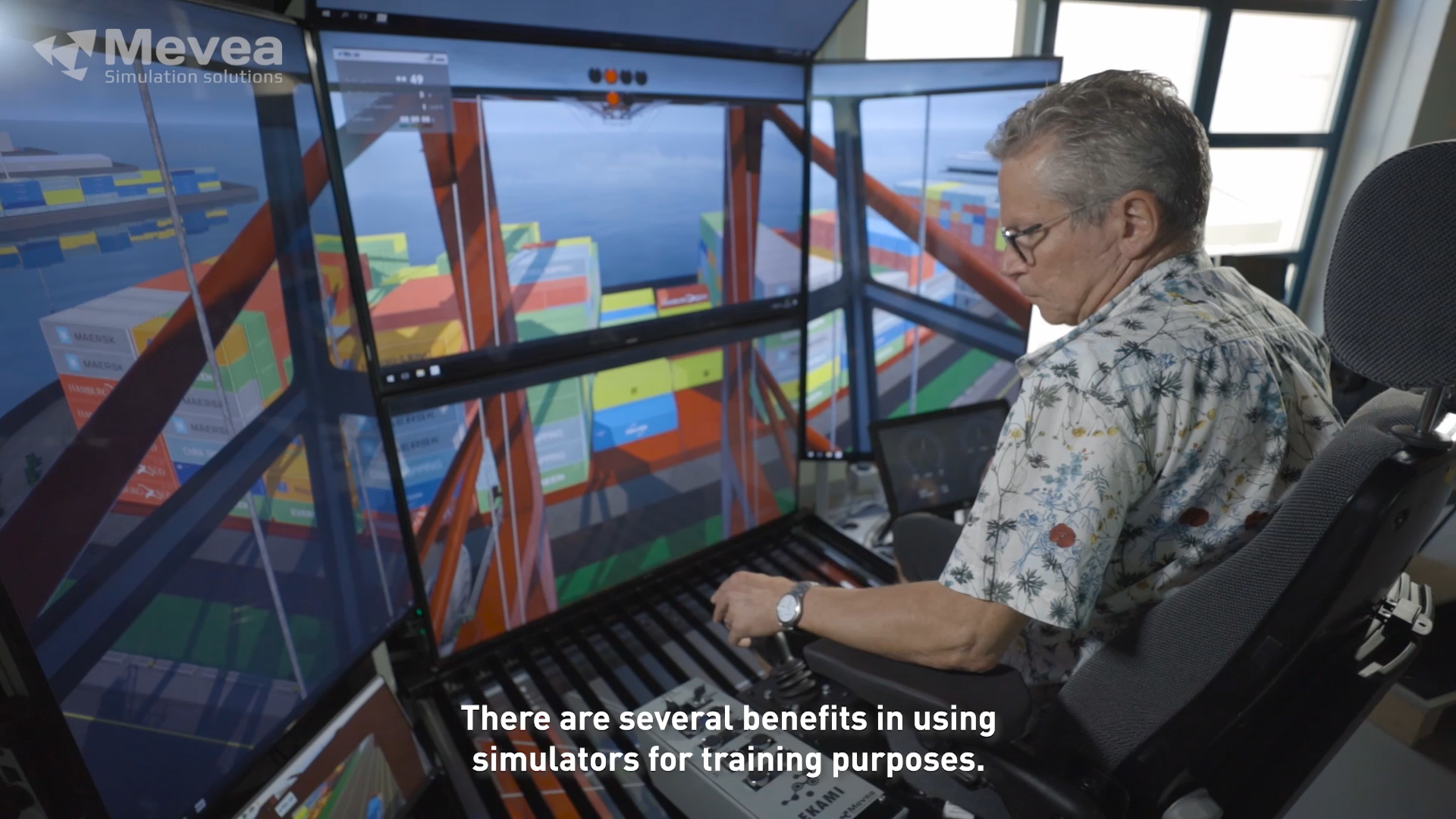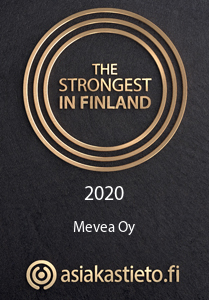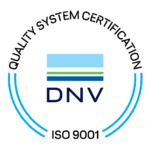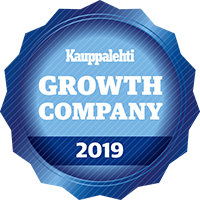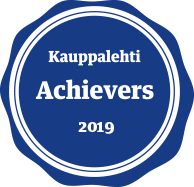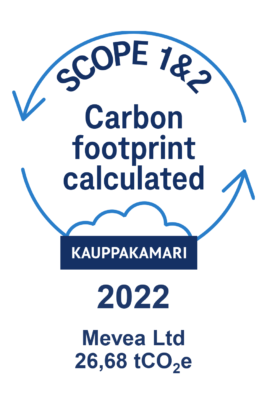How Simulators and Digital Twins Are Used in Training
The Joint Authority of Education of Kotka-Hamina Region Group (Ekami) provides high-quality education and training services, youth workshops and outreach youthwork in Southern Kymenlaakso, Finland. Ekami Group has two business units South Kymenlaakso Vocational College and Coastal Workshops “Rannikkopajat” and two subsidiaries Ekami Consulting Ltd. and Primus High Tech Ltd.
Ekami uses Mevea’s training simulators to train future port crane specialists in Finland as well as abroad. The simulators provide a safe but realistic experience for trainees, allowing for a versatile and effective method to training them in the use of demanding machinery. Collaboration between Mevea and Ekami reaches far back to Mevea’s establishment in 2005, making Ekami one of Mevea’s longest-lasting customers.
Training Simulators Improve Safety, Efficiency, and Accuracy
Training port crane operators is a very important and challenging process – the trainees form an essential part in a bigger logistics chain. Since the efficiency and expertise of port crane operators have a direct impact on all traffic going through a port, at times the effects are global. Therefore, providing high quality education and training opportunities is of paramount importance.
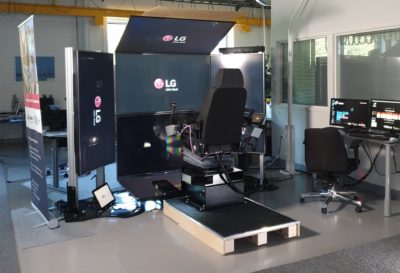
For the past 15 years, Ekami has been using Mevea’s training simulators to provide world-class education for students, as well as for more experienced operators. The simulators provide an in-depth experience for the trainees, allowing for a realistic but a safe environment to learn and develop their skills. The benefits of using simulators for training purposes are numerous and hard to ignore. According to Maria Kämäräinen, a Trainer at Ekami, these include safety, cost efficiency, and accuracy. There is significantly more room for error when learning in a simulated environment in comparison to operating a real machine. The training drills may be repeated countless times until the desired results are obtained. Furthermore, using a training simulator instead of a real machine does not reduce a port’s operative capacity. “Using training simulators allows the real machines to operate at a optimal capacity”, Kämäräinen comments.
Simulators Are Cost-Effective
Ekami trains approximately one hundred students each year from Finnish ports and industry. However, Ekami’s activity is not limited to Finland as it organises training courses in Africa. For this purpose, Ekami has a more mobile alternative – the portable crane simulator. “We also use training simulators for recruiting new people for our customers”, Knutas comments. Not only is the recruitment process swift in gauging the candidates, it is also a very cost-effective method.
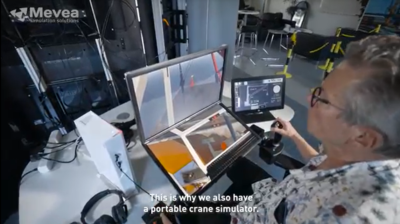
Knutas believes that simulator training will have a greater role in education, particularly due to its merits in safety and efficiency. In addition to generic crane models, which provide a good starting point for students, Ekami has two real crane models with integrated manufacturer crane control systems, namely by Liebherr and Mantsinen, respectively. The value of using training simulators is also seen in how Ekami’s students appreciate the realism of the training simulators. Once the students graduate an embark on their professional careers, they already possess some experience in working with specific systems, which is a competitive advantage, both for the graduate and their employer.
“I think we have received great service working with Mevea and we trust that in the future this collaboration will continue to help us in training future specialists”, Knutas concludes.

I believe that in the future simulators will have a greater role in education because they are safe and very efficient way to train people… I think we have received great service working with Mevea and we trust that in the future this collaboration will continue to help us in training future specialists.
Simo Knutas, Teacher & Trainer, Ekami
